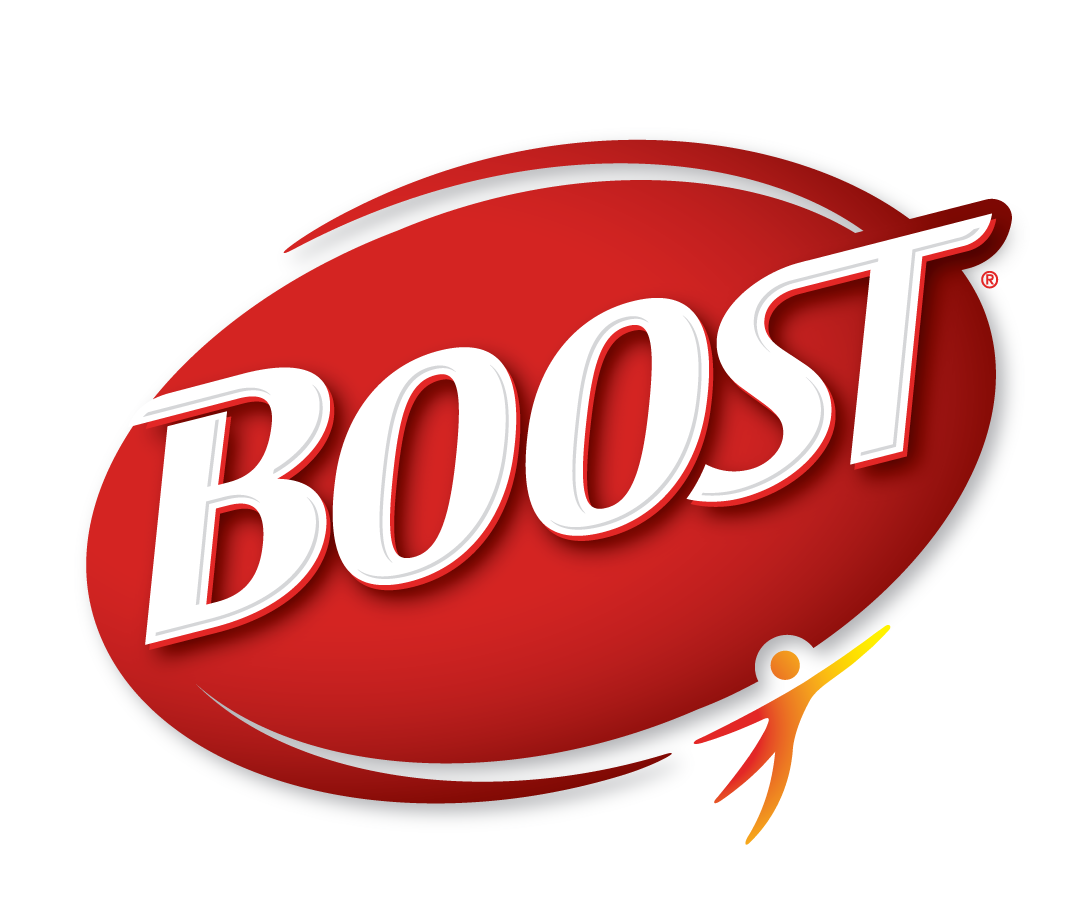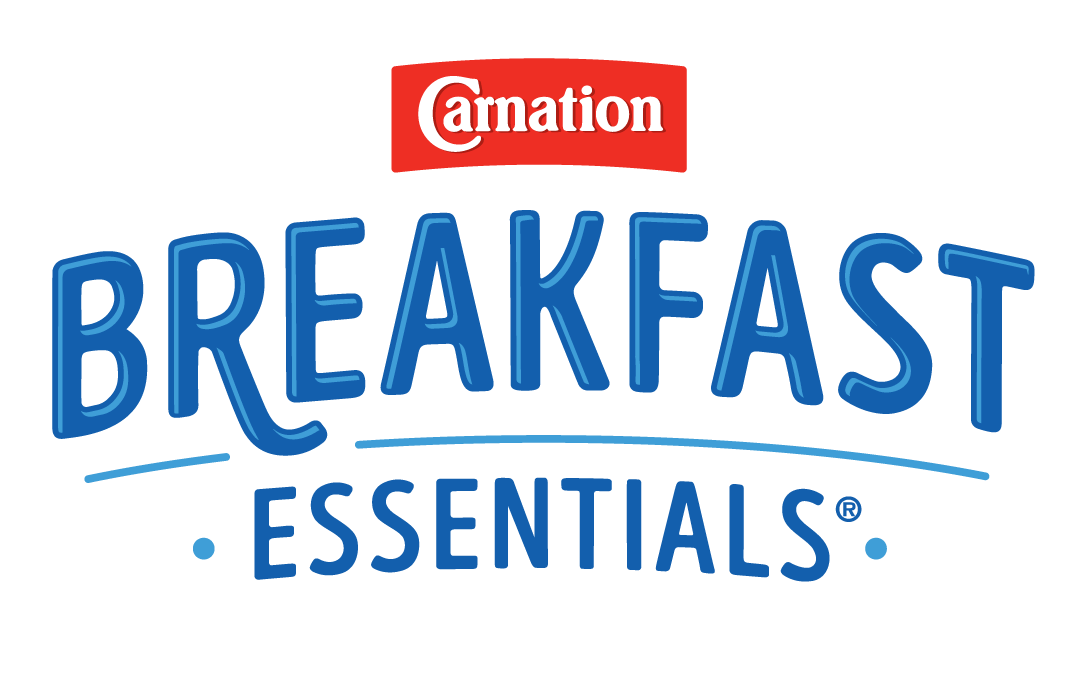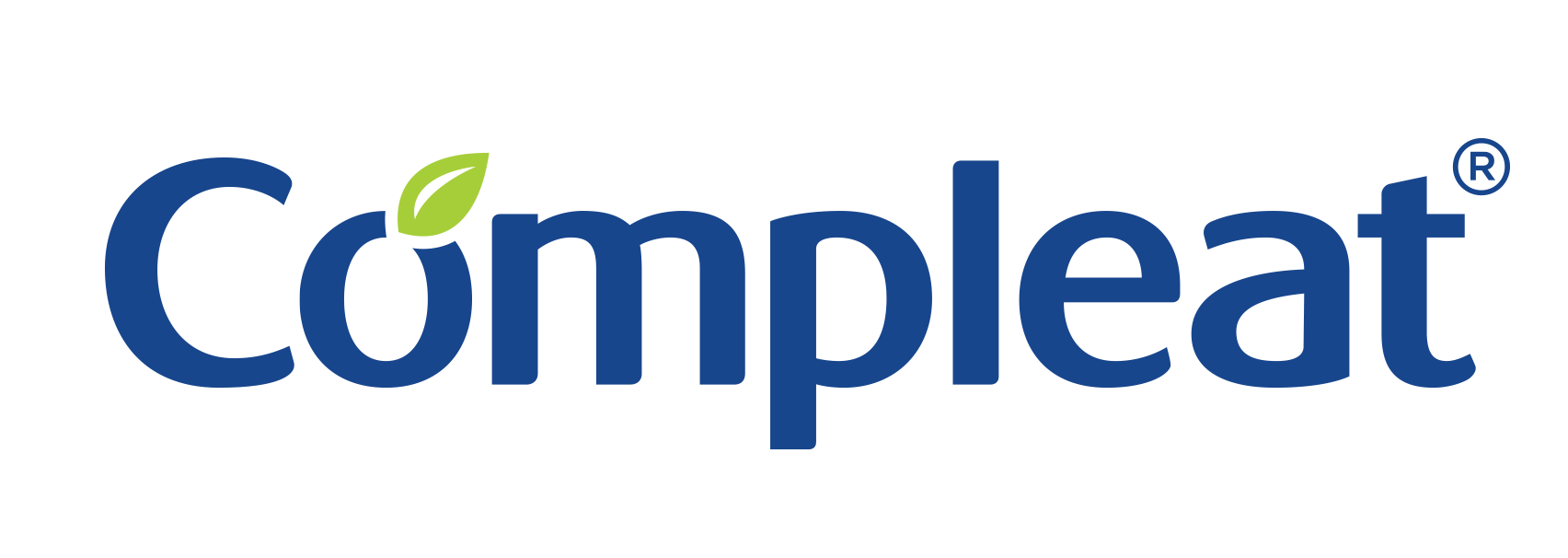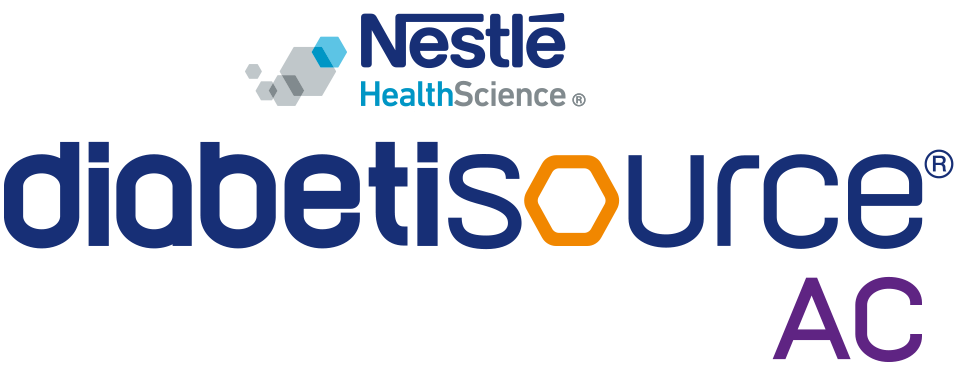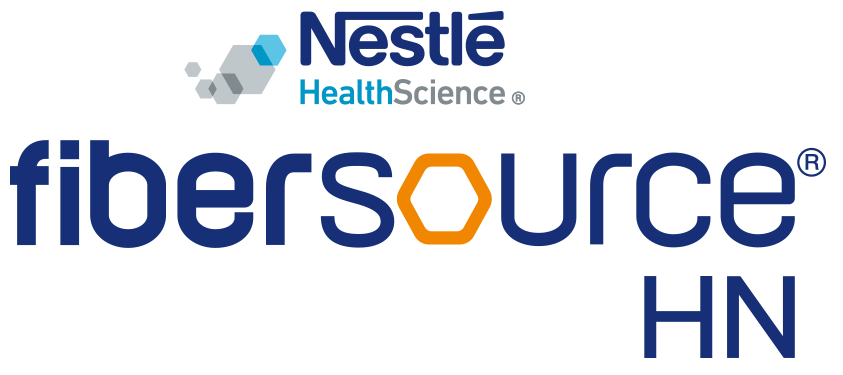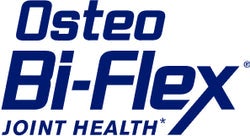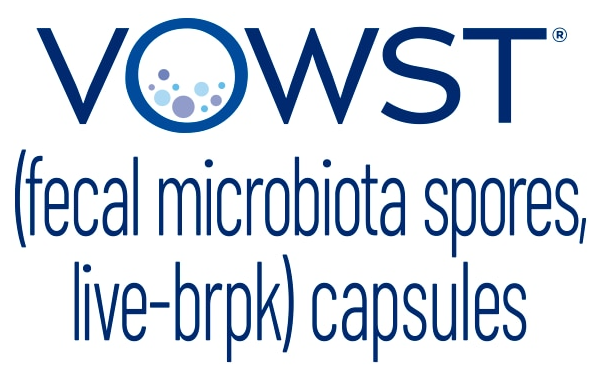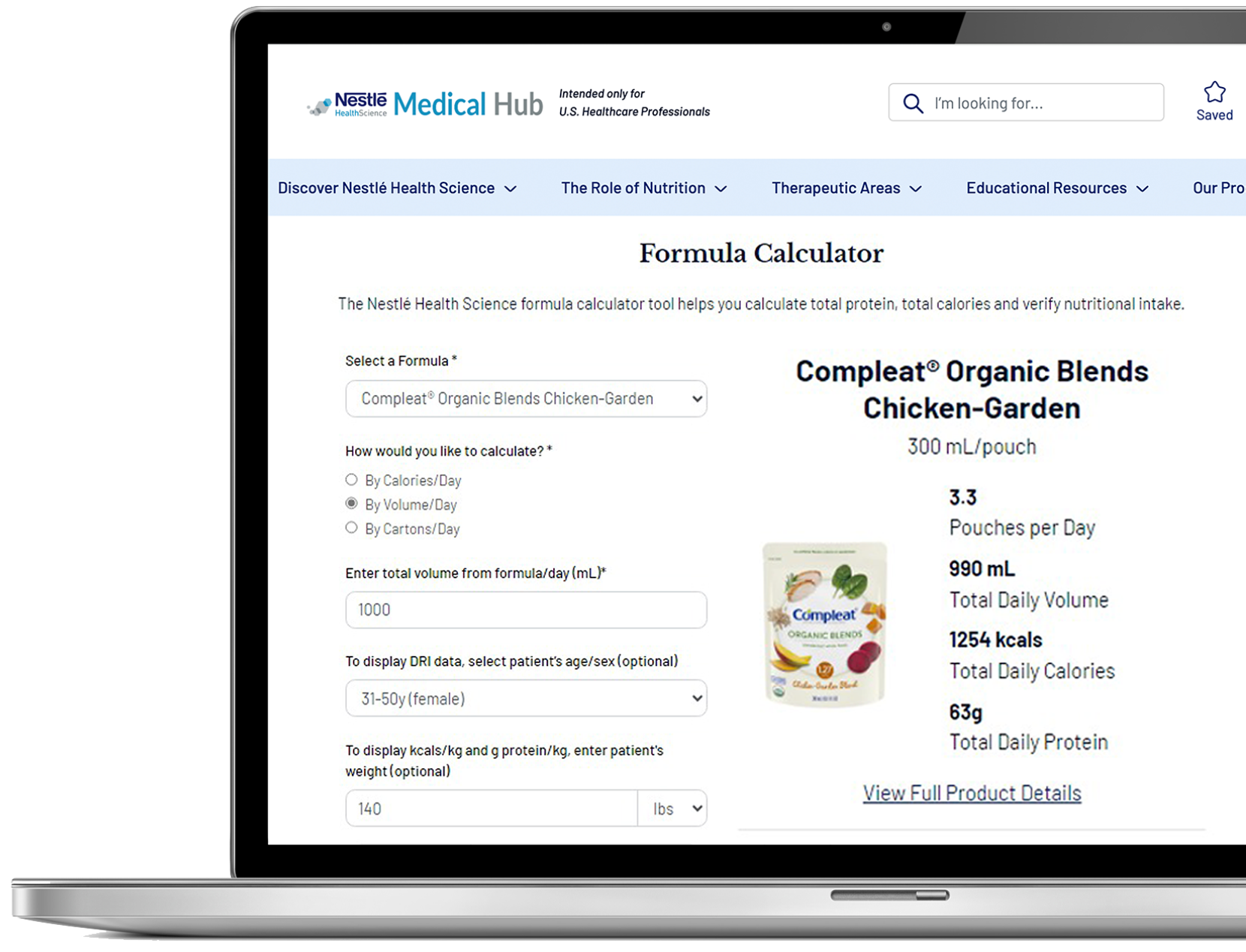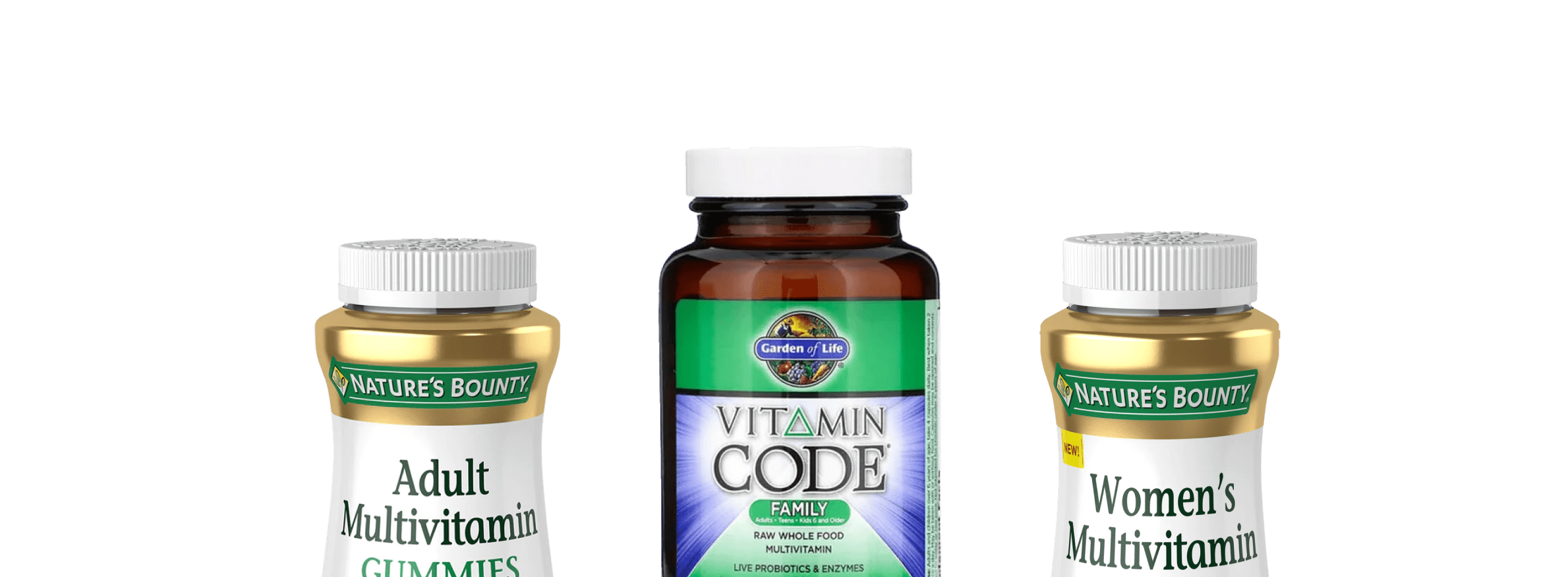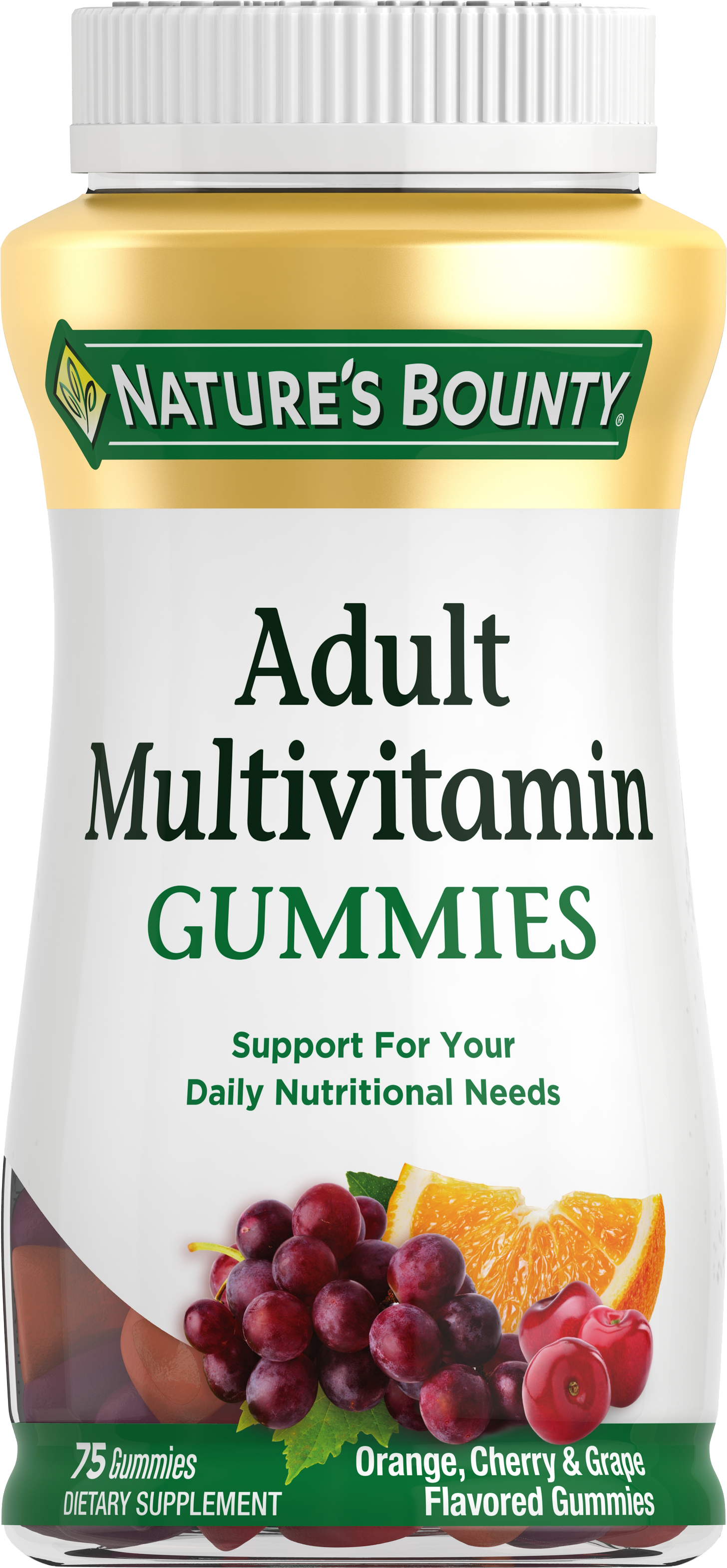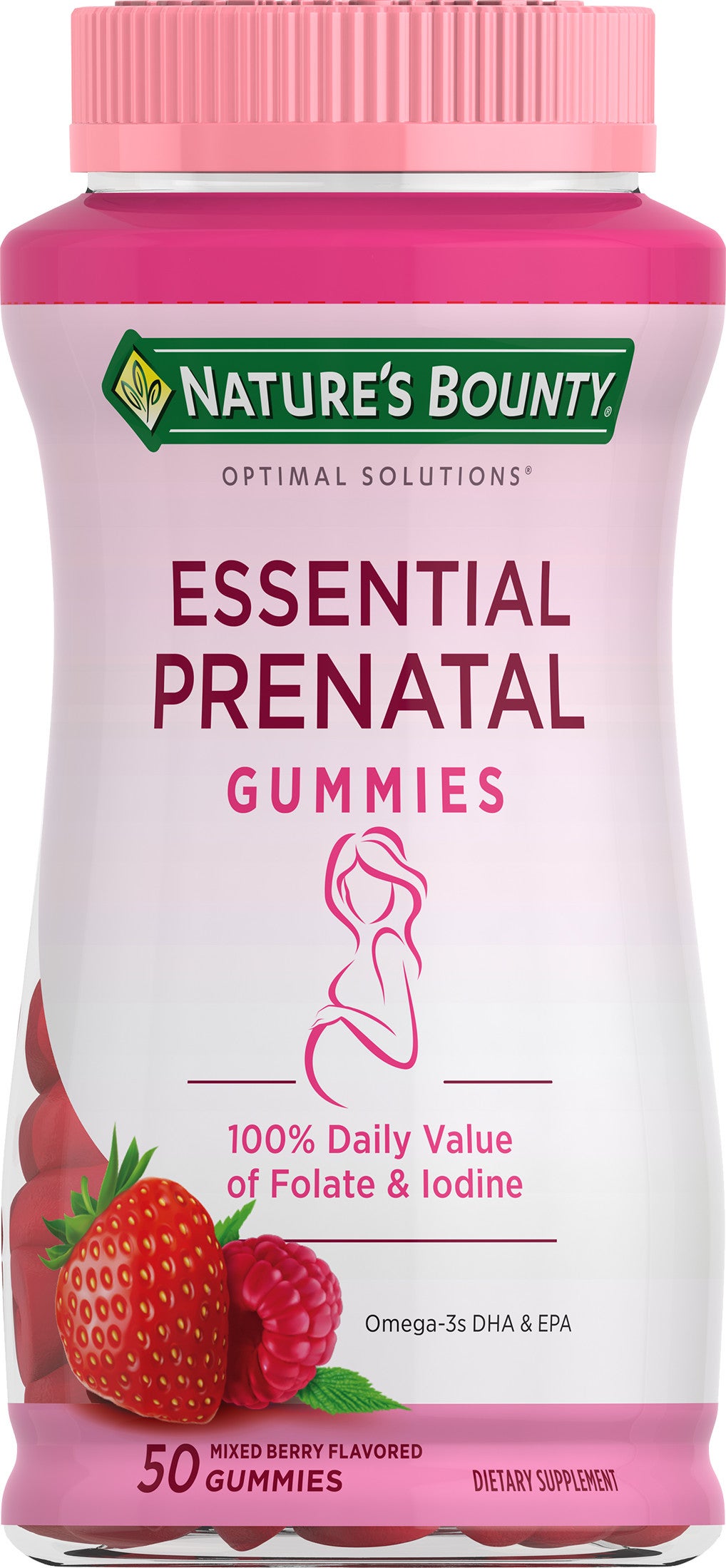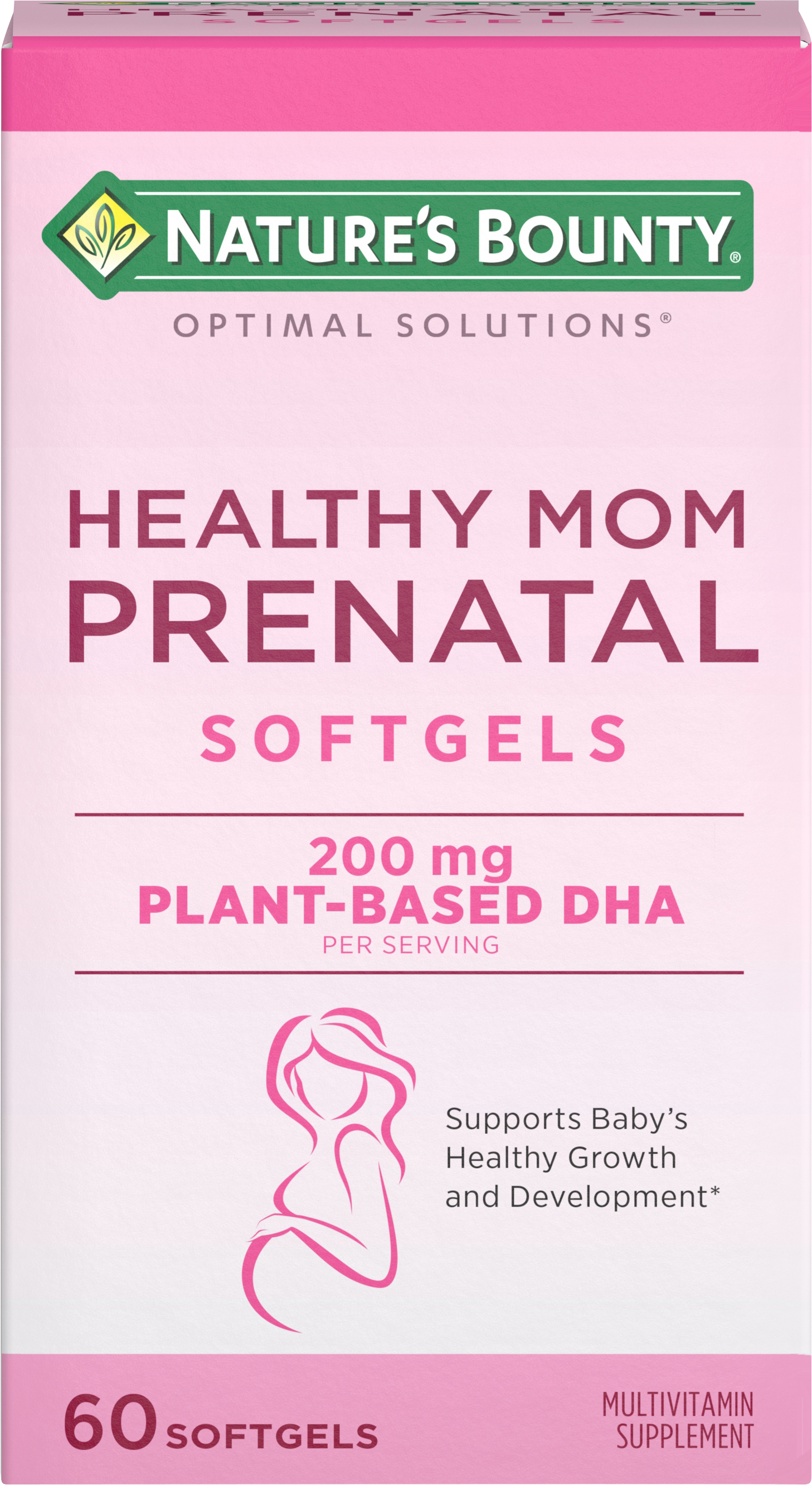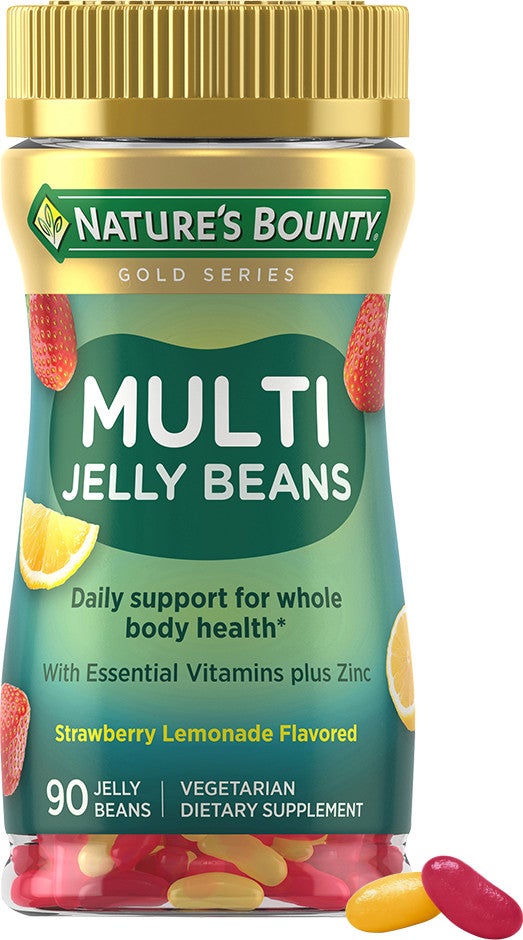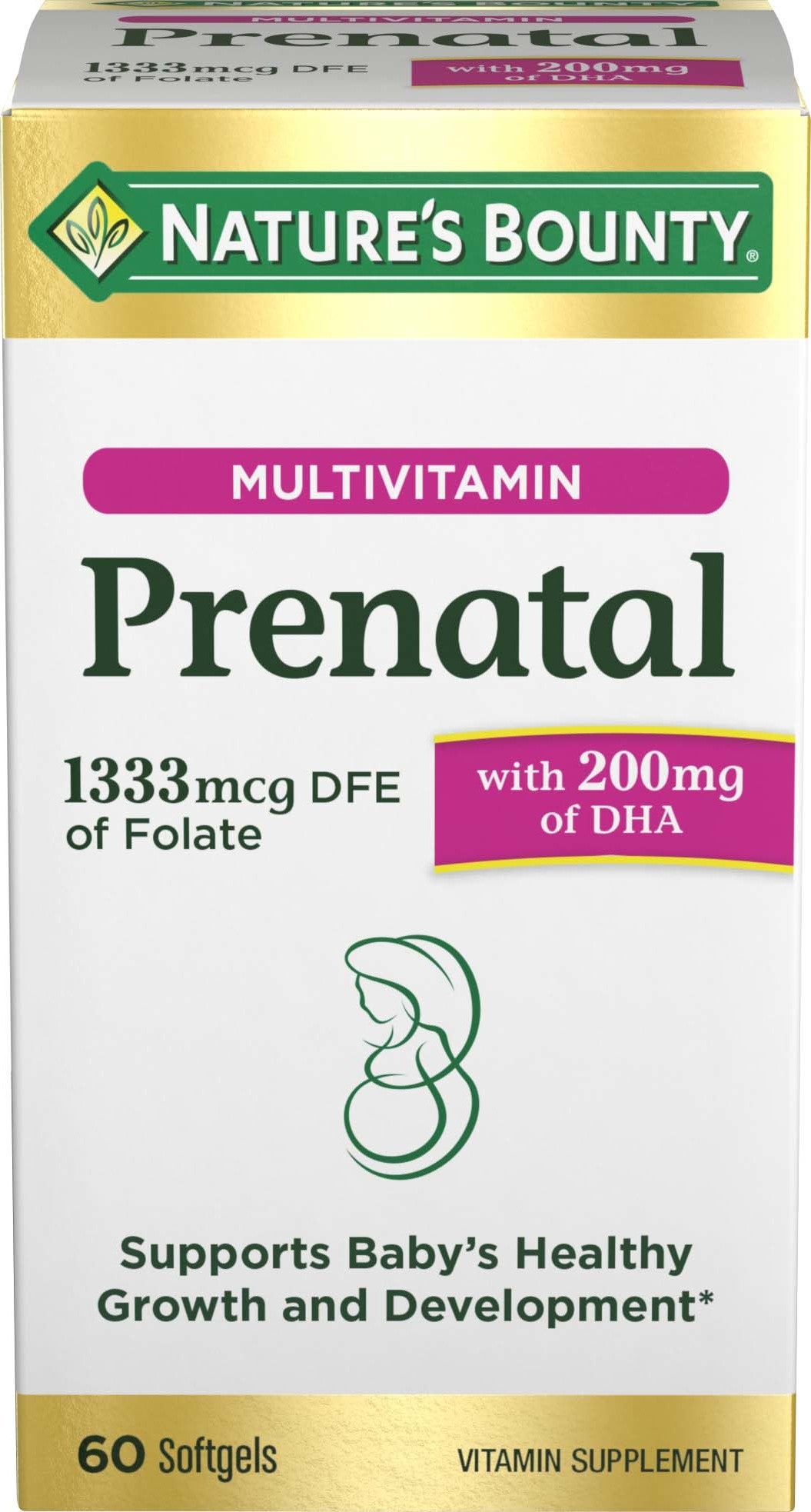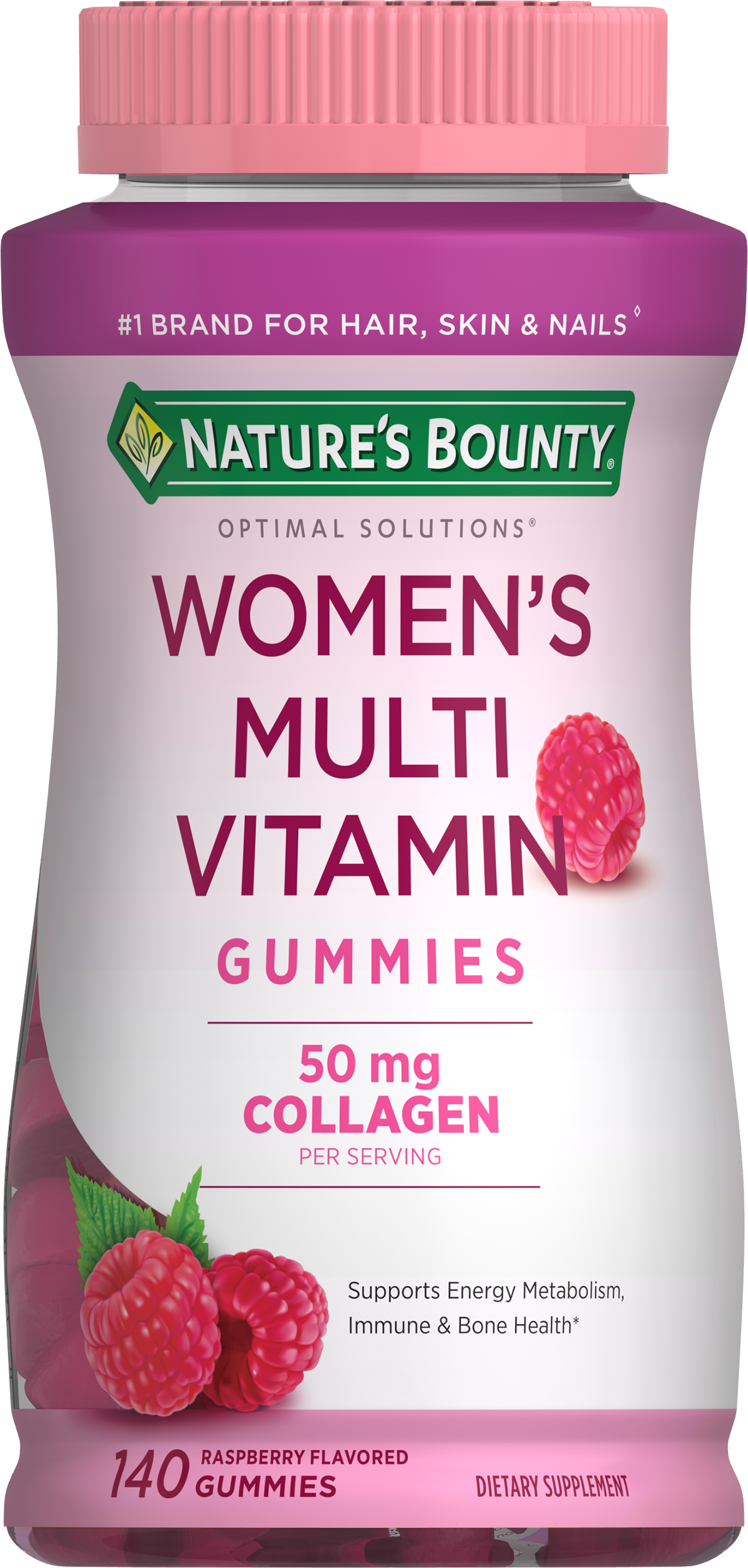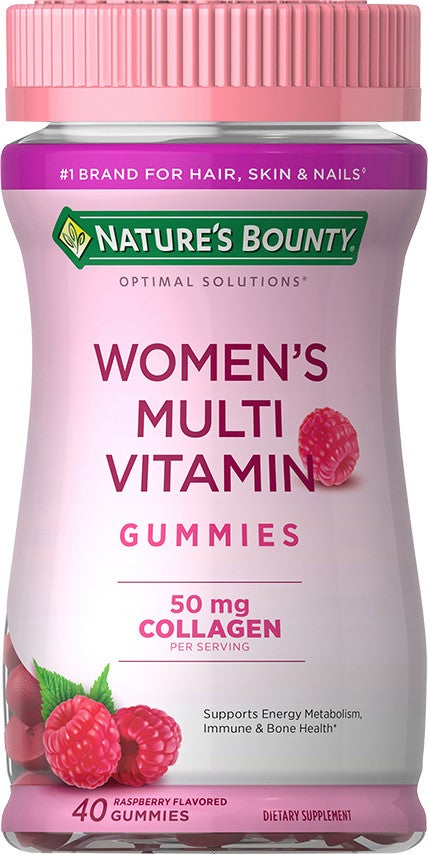
The Role of Multivitamins and Supplements in Patient Care
Most of the U.S. population struggles to meet their nutrient needs.1 Supplementing the diet with a multivitamin or other nutrition supplements may help. According to published data, most adults fall short of recommended intakes of many micronutrients. Even for people following a generally healthy eating pattern, taking a daily multivitamin or a multimineral supplement can be like an insurance policy against the occasional unbalanced day.
Additionally, people on restricted diets, whether due to illness, injury or dietary preferences, are at increased risk for certain micronutrient deficiencies. That’s where a multivitamin may be especially beneficial. For example, vegans and strict vegetarians may be at increased risk for deficiencies in vitamin B12, calcium and iodine, since those nutrients tend to be found primarily in animal foods.2
Nutrient needs also shift along the life cycle. Pregnant women, women who may become pregnant and lactating women should be getting ample folic acid as well as iron, calcium and other nutrients. Meanwhile, intake needs for vitamin B12 and other nutrients tend to increase by or after age 50.3
A good multivitamin formulation should be based on evidence as well as intake needs. Nestlé Health Science invests in peer-reviewed clinical research to create multivitamin and minerals options that healthcare practitioners can trust and recommend to their patients.;
References
1. Drake VJ. Micronutrient Inadequacies in the US Population: An Overview. Linus Pauling Institute, Oregon State University. 2017. https://lpi.oregonstate.edu/mic/micronutrient-inadequacies/overview
2. Neufingerl N, Eilander A. Nutrient Intake and Status in Adults Consuming Plant-Based Diets Compared to Meat-Eaters: A Systematic Review. Nutrients. 2021 Dec 23;14(1):29. doi: 10.3390/nu14010029. PMID: 35010904; PMCID: PMC8746448.
3. Biesalski Hans K and Jana T. Micronutrients in the life cycle: Requirements and sufficient supply. NFS Journal 2018;11:1-11. https://doi.org/10.1016/j.nfs.2018.03.001









